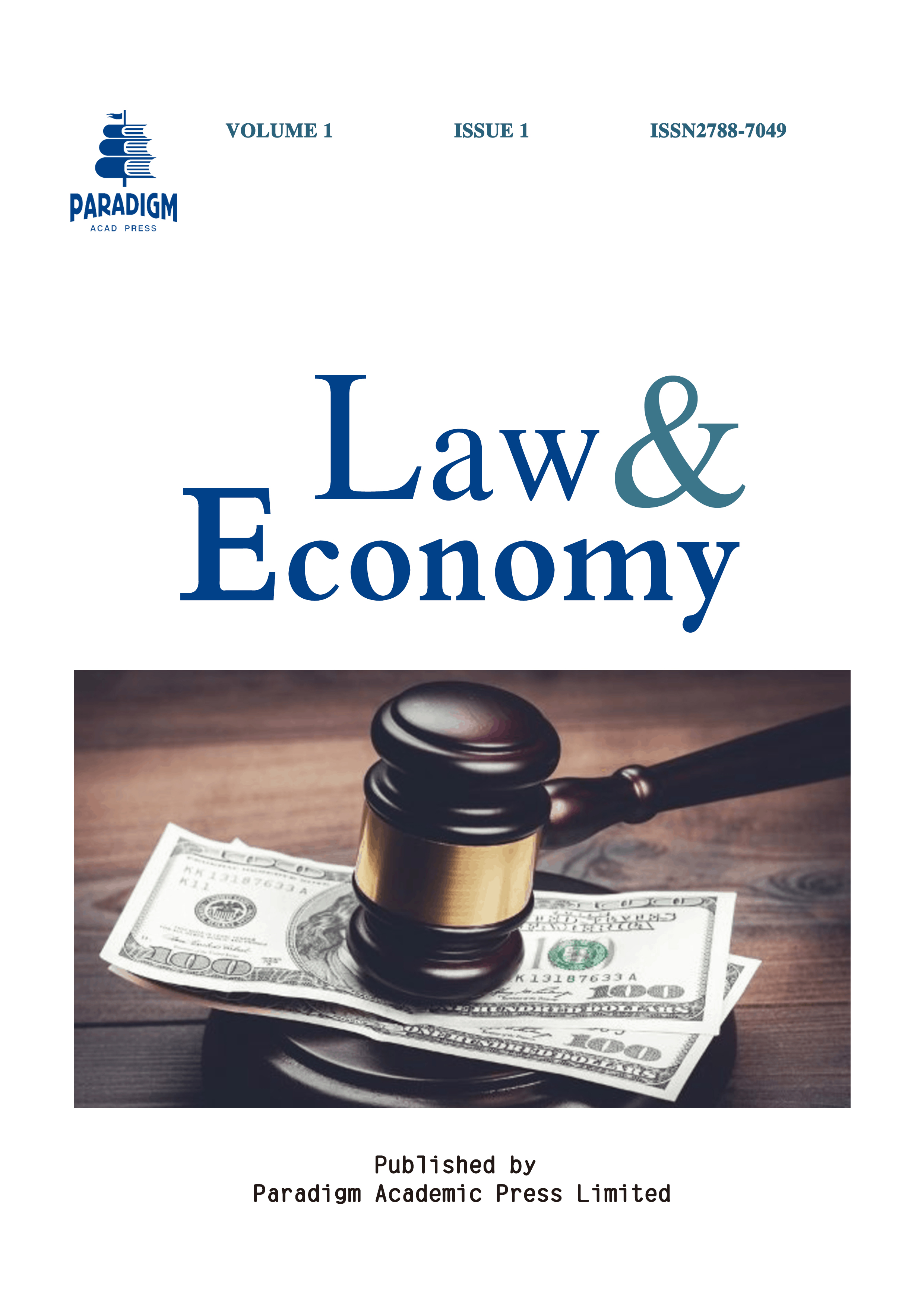From Policy System to Legal System: Theoretical Foundations and Practical Logic of the Path to the Rule of Law in China’s State-Owned Economy
Keywords:
state-owned enterprise reform, economic rule of law, policy system, legal system, state-owned economic system, system construction, classification and supervisionAbstract
The crux of the endeavor to construct a high-level socialist market economy is predicated on the promotion of the transformation of state-owned asset and state-owned enterprise reform from policy-driven to law-based. Since 2012, state-owned enterprise reform has made substantial progress on the basis of the “1+N” policy system. However, its institutional achievements still lack stable legal support. This article explores the necessity and feasible pathways for establishing a legal system for the state-owned economy from the perspectives of theoretical foundations and practical logic. The present stage, as indicated, should prioritize the institutionalization, standardization, and legalization of reform experiences, with the gradual transition from a policy system to a legal system. In this process, economic law should play its core role in coordinating the relationship between the state and the market, undertaking the dual tasks of institutional interpretation and theoretical provision. The article systematically addresses key institutional issues, including the classification of SOE functions, the tiered supervision of state-owned assets, and the orientation of competition policy. It seeks to provide theoretical support and institutional solutions for the construction of a legal system for the state-owned economy.


